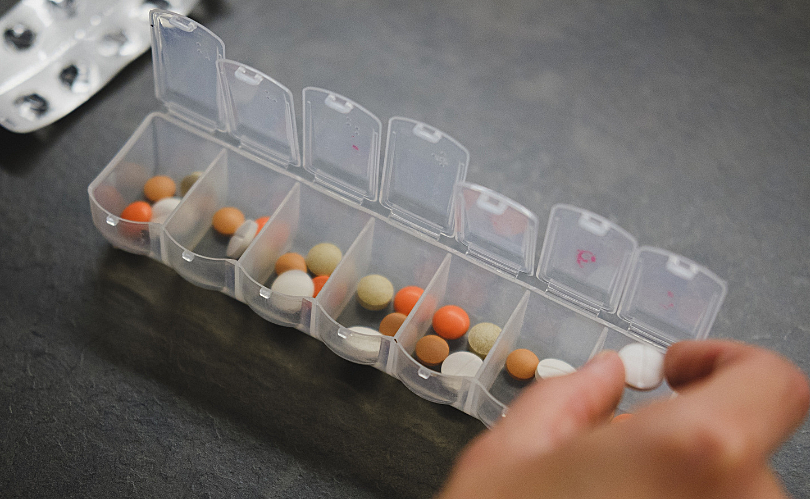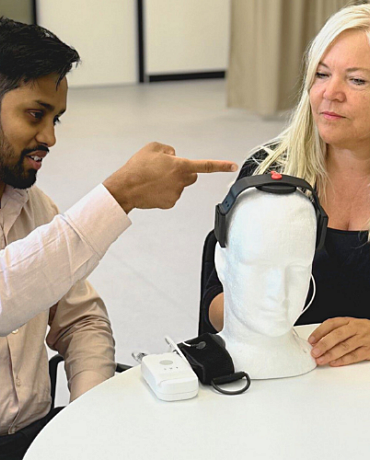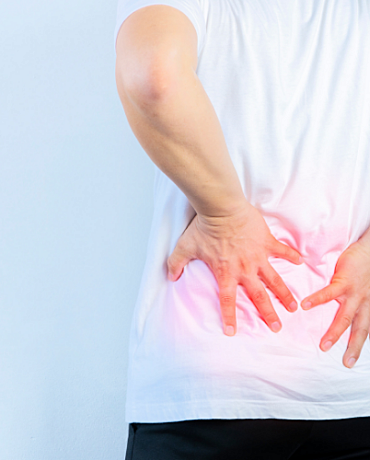ANZHFR 2023 Annual Report Snapshot:
- 32% of people leaving hospital with bone protection medication in 2022, up from 30% in 2021
- 72% of patients had a preoperative assessment of cognition in 2022, up from 70% in 2021
- 78% of patients had surgery within 48 hours in 2022, down from 82% in 2021
- 81% of patients received nerve block injection to manage pain before surgery in 2022
The latest Australian and New Zealand Hip Fracture Registry Report, published by Neuroscience Research Australia (NeuRA) based on data from 16,395 hip fractures from 97 hospitals across Australia and New Zealand, has revealed that workforce shortages post-COVID has continued to impact some areas of care. However, there is room for easy wins like increasing the prescription of bone protection medications such as a bisphosphonates or denosumab which safeguard against future fractures.
The report focuses on performance against the revised Hip Fracture Clinical Care Standard, which was released earlier this week and recommends a shorter wait time to surgery after hip fracture.
Each year, approximately 19,000 patients in Australia and 4000 patients in New Zealand present at hospital with a new hip fracture. This number is projected to increase due to an ageing population.
A hip fracture is a break occurring at the top of the thigh bone (femur), near the pelvis. The majority of hip fractures occur in people aged 65 years and over, with an average age of 82 years across Australia and New Zealand.
Opportunity with bone protection medications
Although progress has been gradual, there has been a rise in the number of patients being discharged from the hospital on treatment for osteoporosis which can reduce the risk of future fractures.
“Prescription of a bone protection medication such as a bisphosphonate or denosumab is important as it decreases the chance of further fractures in future,” says Professor Jacqueline Close, Co-Chair or the ANZHFR and principal research fellow at NeuRA.
“We absolutely can and should do better as only one-third of patients leave hospital on this vital medication.”
Improvements in delirium screening and pain relief
“For five consecutive years, preoperative assessment of cognition and delirium of people presenting with hip fractures has continued to improve across Australia and New Zealand,” says Professor Close.
Delirium is an acute change in mental status common among older patients hospitalised with a hip fracture. Screening for delirium and putting in place strategies to reduce risk helps reduces complications and increases chances of recovery.
“The use of nerve block for pain management remains high with 81 per cent of patients receiving a nerve block prior to arriving in the operating theatre.”
Longer time in the Emergency Department and delays to surgery a challenge
The average time spent in the Emergency Department (ED) increased in both Australian and New Zealand.
Average time to surgery also increased and the proportion of patients who had surgery within 48 hours decreased in both Australia and New Zealand.
“While the increase is almost certainly multifactorial, potential contributors include an increase in trauma caseload in the public sector, workforce shortages affecting both public and private sectors, and increasing medical complexity of our older population,” says Professor Close.
“The adage ‘the sun should only set once before hip fracture repair’ has merit for several reasons. Firstly, no-one wants to see their mum or dad fasting and in pain waiting for surgery; and shorter time to surgery is associated with fewer complications, better recovery and survival.
“It is also more cost efficient to manage these patients well. Every day surgery is delayed, two days are added to the length of stay. The sooner you operate, the quicker patients can get walking and go home.”
Professor Close said the registry data shows Australia can do better in several key areas of hip fracture care. “The evidence tells us the sooner you are supported to get out of bed, the better your functional recovery. Last year, fewer than half (45%) of patients walked on the first day after hip fracture surgery.”
Golden Hip Award Winners and Most Improved
Launched in 2021, the Golden Hip Award was initiated to acknowledge the top performing hospitals looking after people with a hip fracture.
During the Hip Fest event held on the Sunshine Coast on Monday 11 September, hospitals in Australia and New Zealand that excelled in meeting the quality indicators of the Hip Fracture Care Clinical Care Standard were acknowledged and celebrated.
Our congratulations to the Concord Repatriation General Hospital, NSW, for winning the Golden Hip Award for best performing hospital and St Vincent’s Hospital, Sydney NSW, for winning the Golden Hip Award for most improved.
Assets:
Photos of Golden Hip Award Winners available at HipFest Winners 2023 Photos





